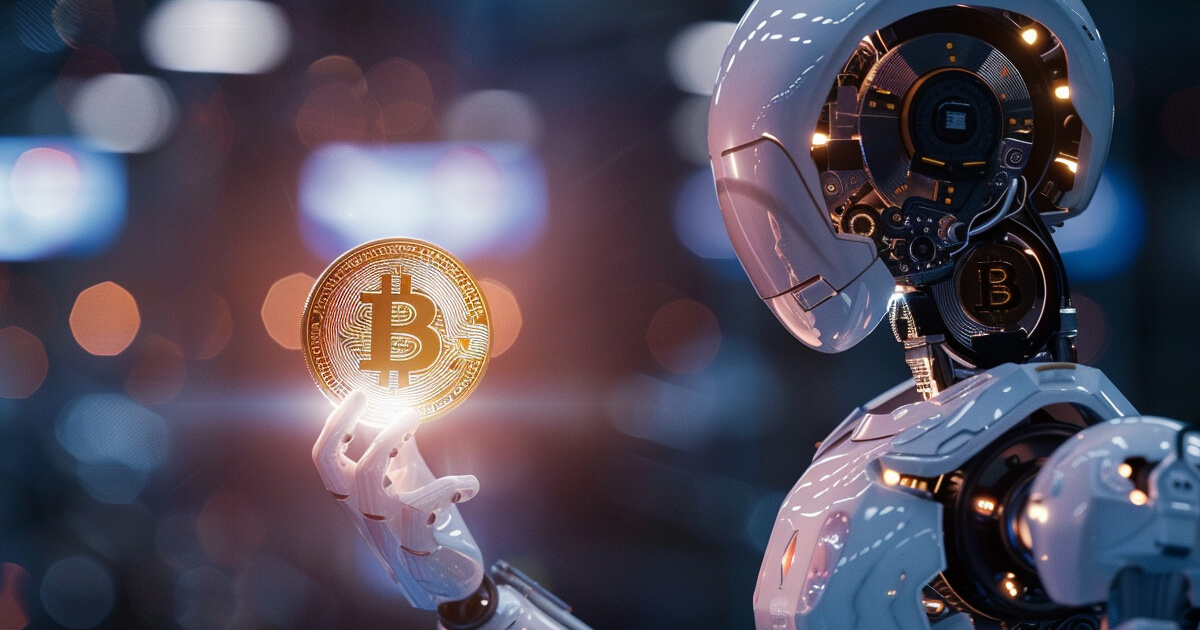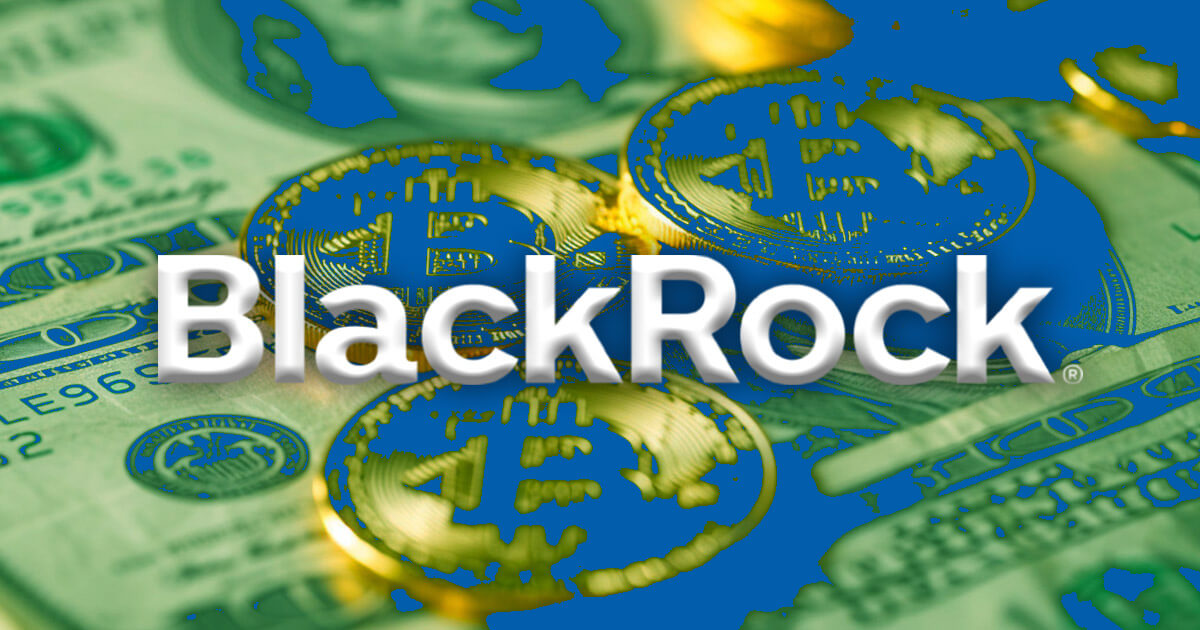AI and Blockchain: A Symbiotic Relationship
As the world delves deeper into the realms of artificial intelligence (AI) and blockchain technology, the convergence of these two innovative fields is garnering significant attention. From AI models on Bitcoin to AI training data on layer 2 blockchains, cryptocurrencies tied to AI projects have emerged as a trending topic within the altcoin space.
The surge of interest in AI-linked coins mirrors the broader market trends that have propelled companies like Nvidia to the forefront of the investing landscape. With Nvidia becoming the seventh U.S. company to surpass a market valuation of $1 trillion and subsequently climbing to the third position globally, the allure of machine learning technologies has captivated investors seeking exposure to this rapidly expanding sector.
At the time of writing, the market capitalization of AI tokens stands at an impressive $26.4 billion, a substantial increase from the $2.7 billion recorded just a year ago. The CoinDesk Indices Computing Index, which tracks AI-associated tokens, has surged by over 165% in the past twelve months, reaching record-breaking trading volumes of $3.8 billion in late February.
The Evolving Landscape of AI Tokens
While many investors are primarily attracted to the potential for significant price gains offered by AI tokens, these assets provide a unique opportunity within the crypto space by offering exposure that defies traditional correlations to cryptocurrency price movements. Instead, the values of AI tokens are intricately linked to the fortunes of the broader AI sector, presenting a differentiated investment proposition within the digital asset realm.
According to investment management firm VanEck, the revenue generated by AI-related cryptocurrencies is forecasted to reach an impressive $10.2 billion by 2030, with applications spanning a wide array of functionalities akin to traditional non-AI crypto projects. These include the issuance of reward tokens, the provisioning of physical computation infrastructure, data verification mechanisms, provenance tracking, and various other innovative use cases.
Despite the promising outlook for AI blockchain initiatives, the landscape remains in its infancy, with the future trajectory of this amalgamation of technologies shrouded in uncertainty. While proponents envision a symbiotic relationship between AI and blockchain, skeptics, such as Bitcoin Maximalists, caution that the entire crypto index could potentially plummet to zero.
Exploring the Potential of AI Tokens
AI tokens hold the promise of revolutionizing various domains, including payment systems, trading models, the creation of machine-generated non-fungible tokens (NFTs), and the establishment of blockchain-powered marketplaces for AI-centric applications. The fusion of blockchain technology with AI algorithms offers enhanced security through decentralized protocol frameworks and immutable settlement layers.
By leveraging AI capabilities for real-time risk detection and response mechanisms, coupled with blockchain’s inherent security features, a robust defense against cyber threats is established. AI-driven insights enable the monitoring of network activities, analysis of historical data, detection of anomalies, deployment of predictive analytics to enhance smart contract efficiency, and evaluation of market trends.
Imagine a future where these cutting-edge technologies work in tandem, extracting and validating data while seamlessly managing network loads. Blockchain could serve as a public repository for AI training records, ensuring transparency and integrity in the evolution of AI models.
However, the convergence of AI and blockchain introduces inherent risks that necessitate careful consideration and proactive mitigation strategies.
The Perils of AI and Blockchain Integration
The global discourse surrounding AI ethics and governance standards has gained momentum in recent times, with legislative bodies and regulatory entities taking proactive measures to address the emerging challenges posed by the intersection of AI and blockchain technologies.
International bodies, such as the United Nations General Assembly and the European Parliament, have adopted resolutions and legislation aimed at promoting the safe, secure, and trustworthy development of AI applications. Additionally, governmental initiatives, like those undertaken by the Biden administration and the Indian regulatory authorities, underscore the imperative to address safety and security concerns associated with AI advancements.
One of the key issues confronting the integration of AI and blockchain pertains to privacy and security risks stemming from the vast amounts of sensitive data that underpin AI-driven applications. As AI algorithms rely on extensive data sets for learning and predictive purposes, concerns over data privacy and identity protection have heightened. Blockchain technologies offer mechanisms to anonymize transactions and create immutable records, yet the tension between data permanence on the blockchain and privacy regulations, such as the right to be forgotten, remains unresolved.
The theoretical scenario of AI autonomously acting on blockchain-secured data raises profound questions surrounding consent, data sovereignty, and privacy safeguards. As the stakes grow higher and the implications more far-reaching, the imperative to foster beneficial innovation in the AI-blockchain ecosystem becomes increasingly apparent.
Promoting Ethical Innovation
Ensuring that AI and blockchain technologies serve humanity’s best interests, uphold ethical standards, and align with societal values necessitates a collaborative effort spanning developers, ethicists, policymakers, and regulatory bodies. Transparent design principles, accountability mechanisms, and inclusivity safeguards are paramount in shaping AI and blockchain systems that prioritize data integrity, user privacy, and societal well-being.
The delicate balance between technological advancement and ethical considerations underscores the need for proactive measures to navigate the evolving landscape of AI and blockchain convergence. By adhering to ethical guidelines, safety standards, and regulatory frameworks, the integration of AI and blockchain technologies can catalyze positive change and drive innovation towards a future that upholds human values and addresses the pressing challenges of our time.
Image/Photo credit: source url





